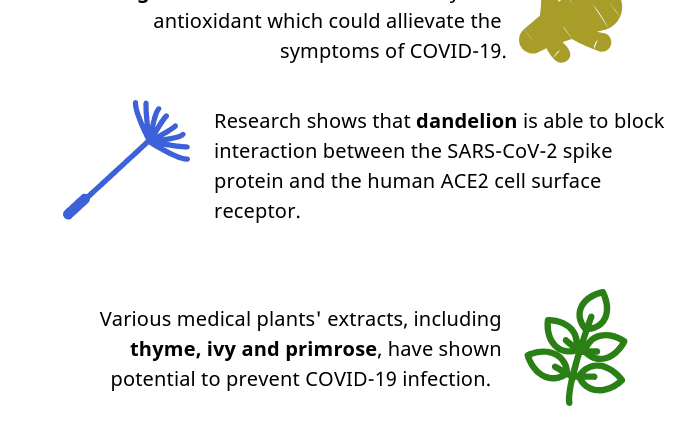Can Plants Replace Medicines?

The healing power of plants
Unlike conventional drugs that seek to isolate molecules, plants represent a set of substances that work in synergy, and it is precisely this addition of substances that is at the origin of their many properties. Artichoke (cynara scolymus) is the most classic example with the association of 4 molecules (citric acid, malique, succinic et cynaropicrine) which, taken in isolation, are not very active, but their synergy has a strong pharmacological effect on the liver and biliary function.
We could go so far as to say that plants are made to heal us since certain plant molecules have a natural affinity with the receptors in our cells. For example, morphine from poppy (papaver somniferum) binds to the so-called morphine receptors of the central nervous system. The active ingredients of valerian (valeriana officinalis) and passionflower (passionflower incarnate) combine with brain receptors for benzodiazepines, tranquilizer molecules. In this sense, when used well and adapted to our needs, plants represent real medicines.
Reference: JM. Morel, Practical treatise on phytotherapy, Grancher 2008 |










